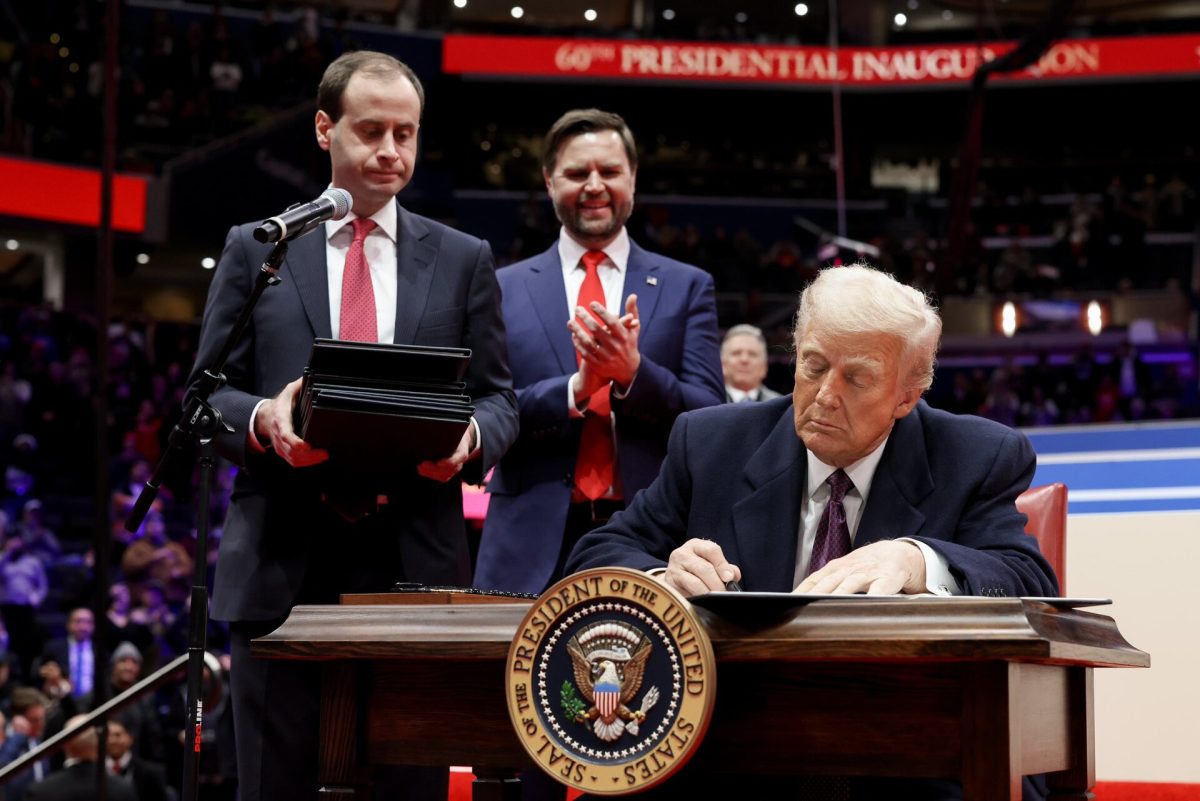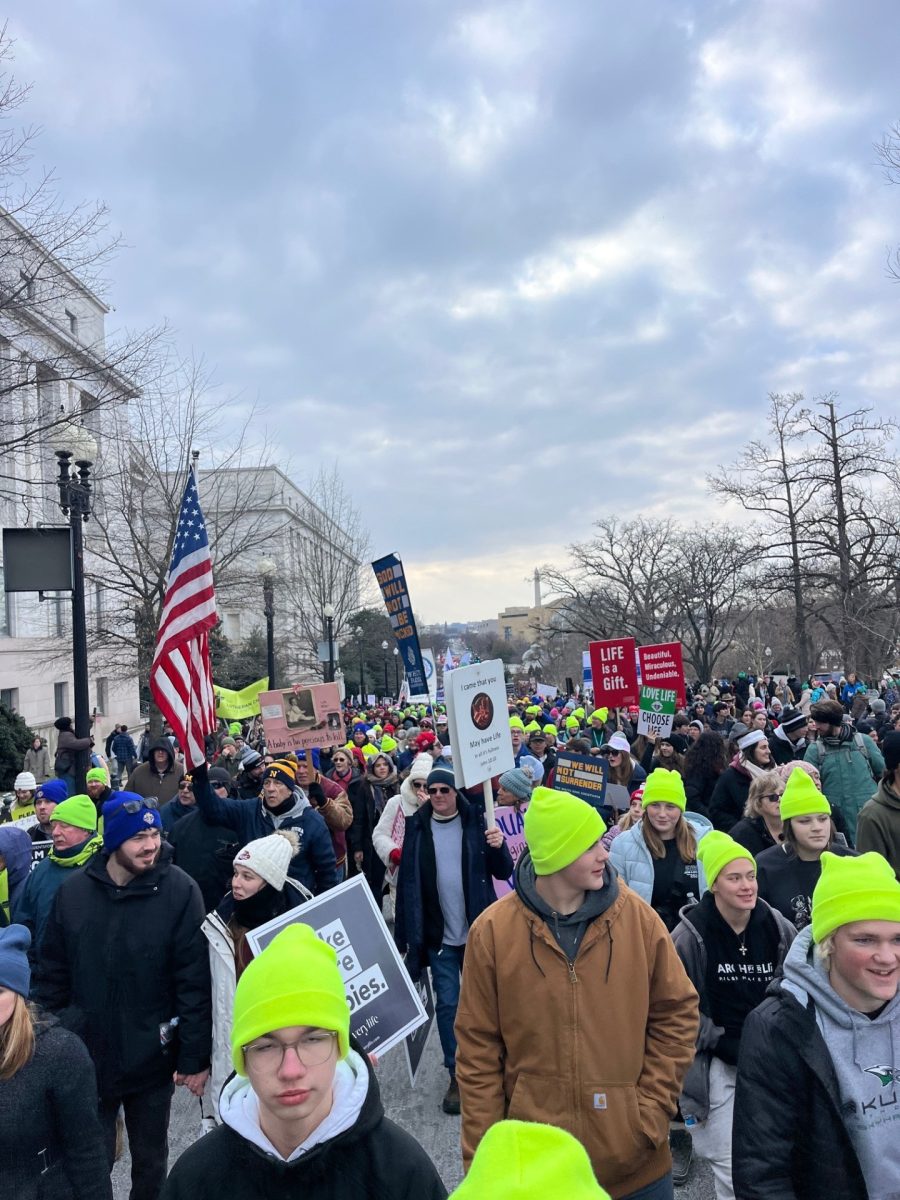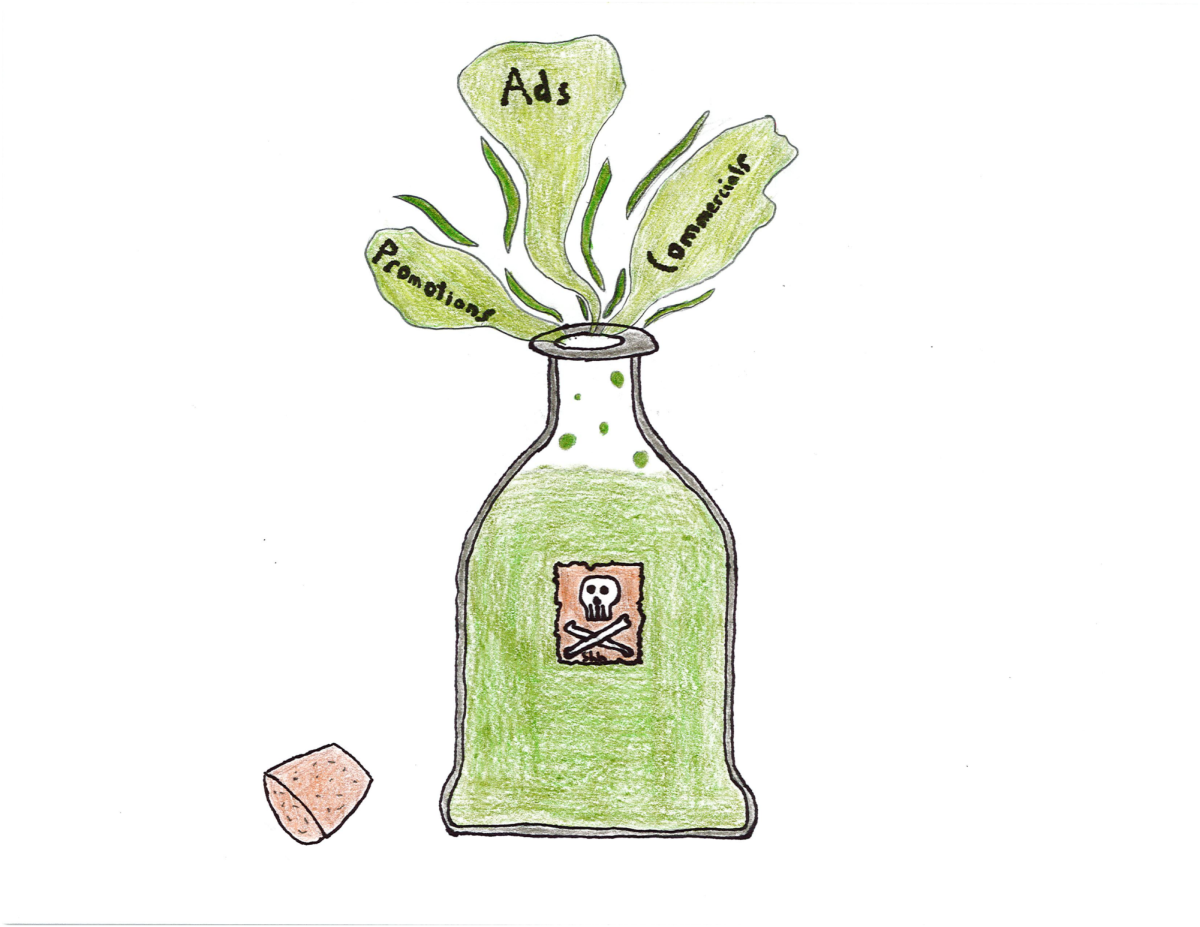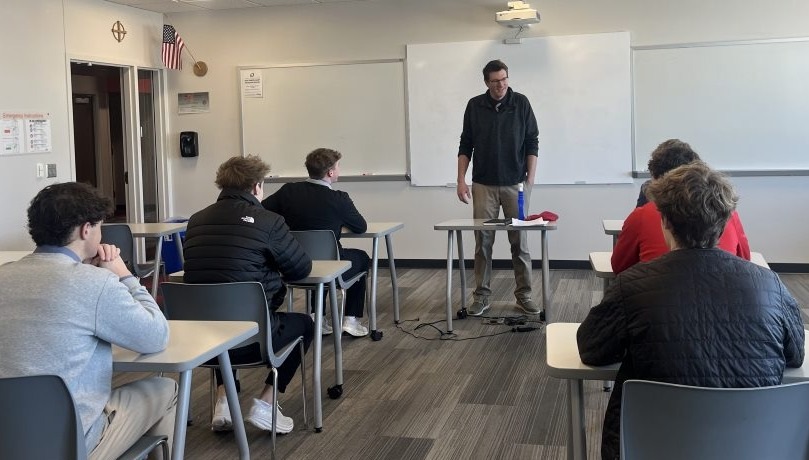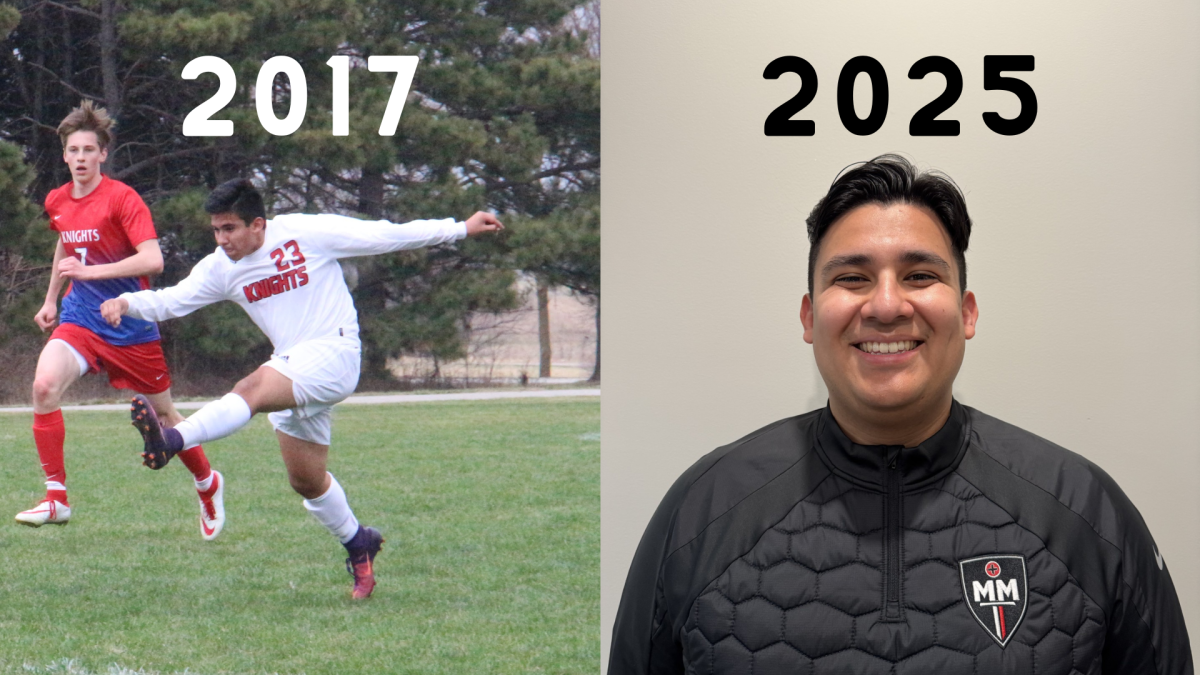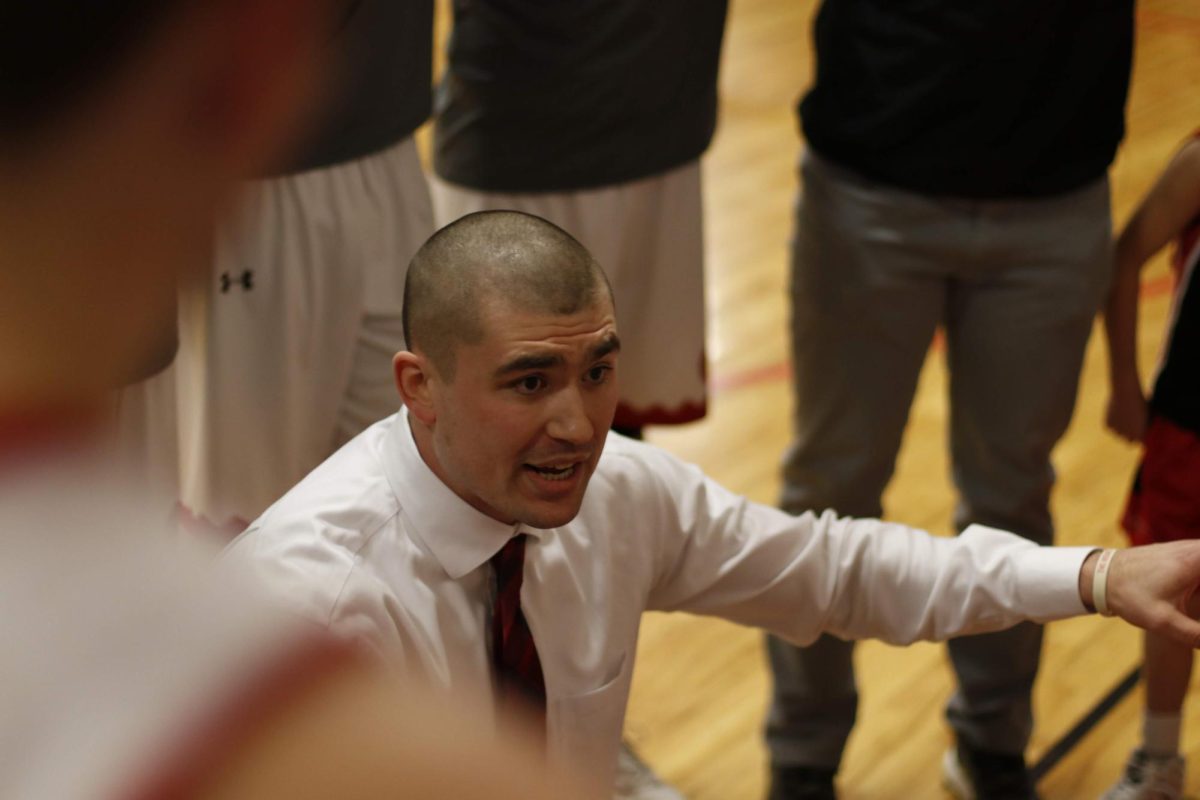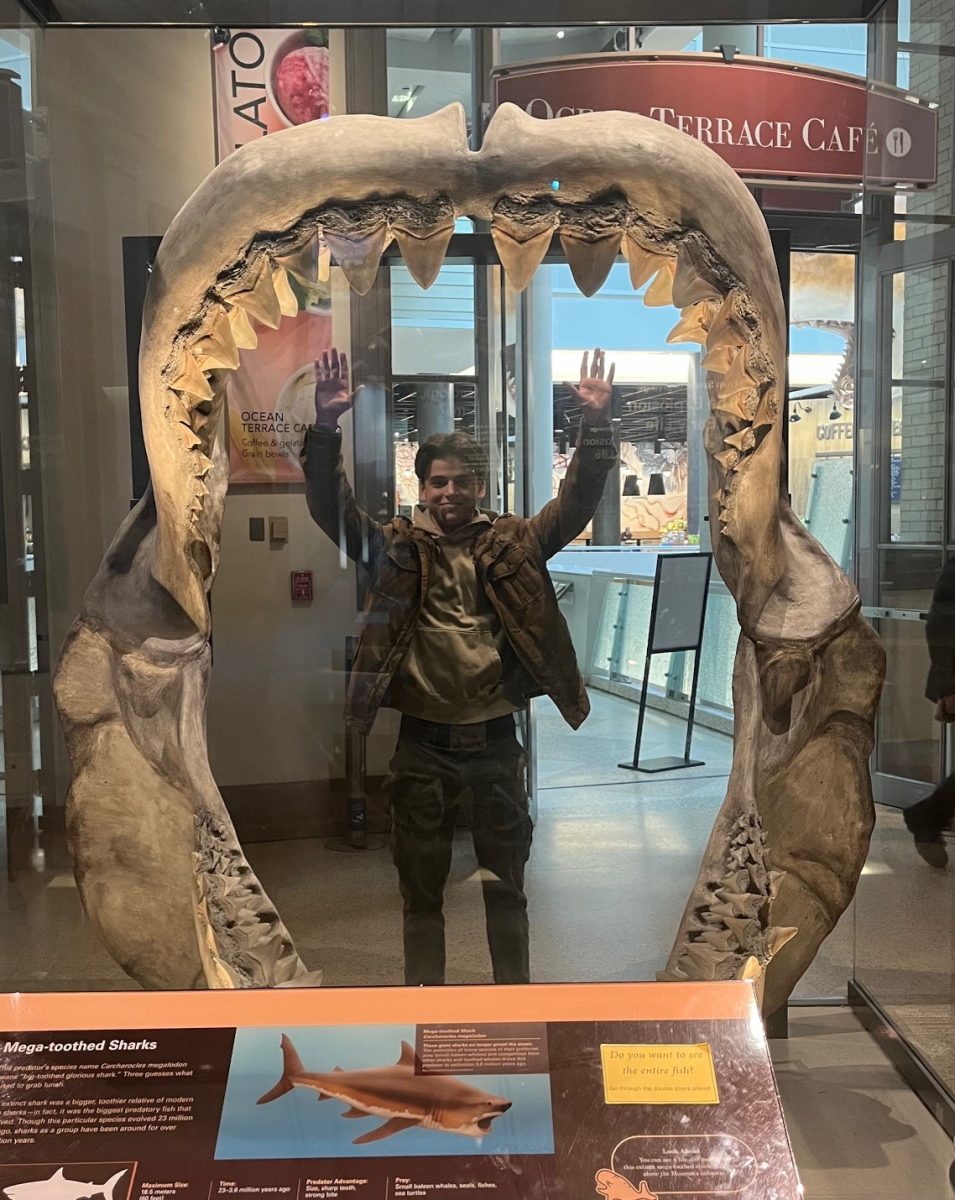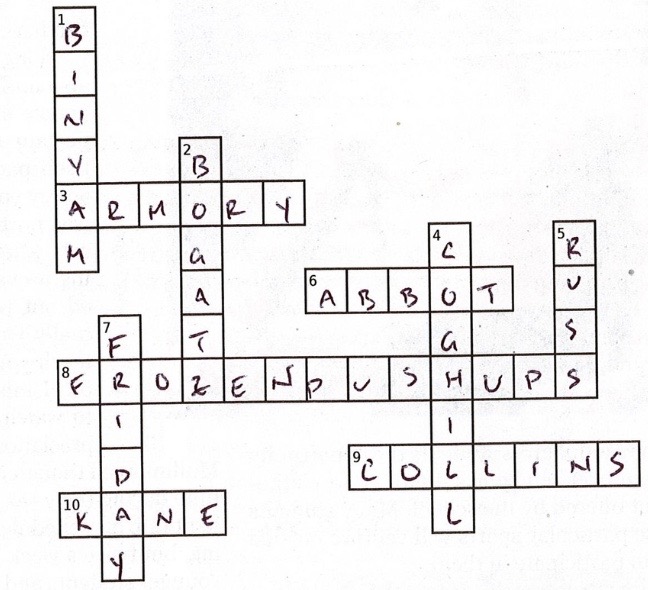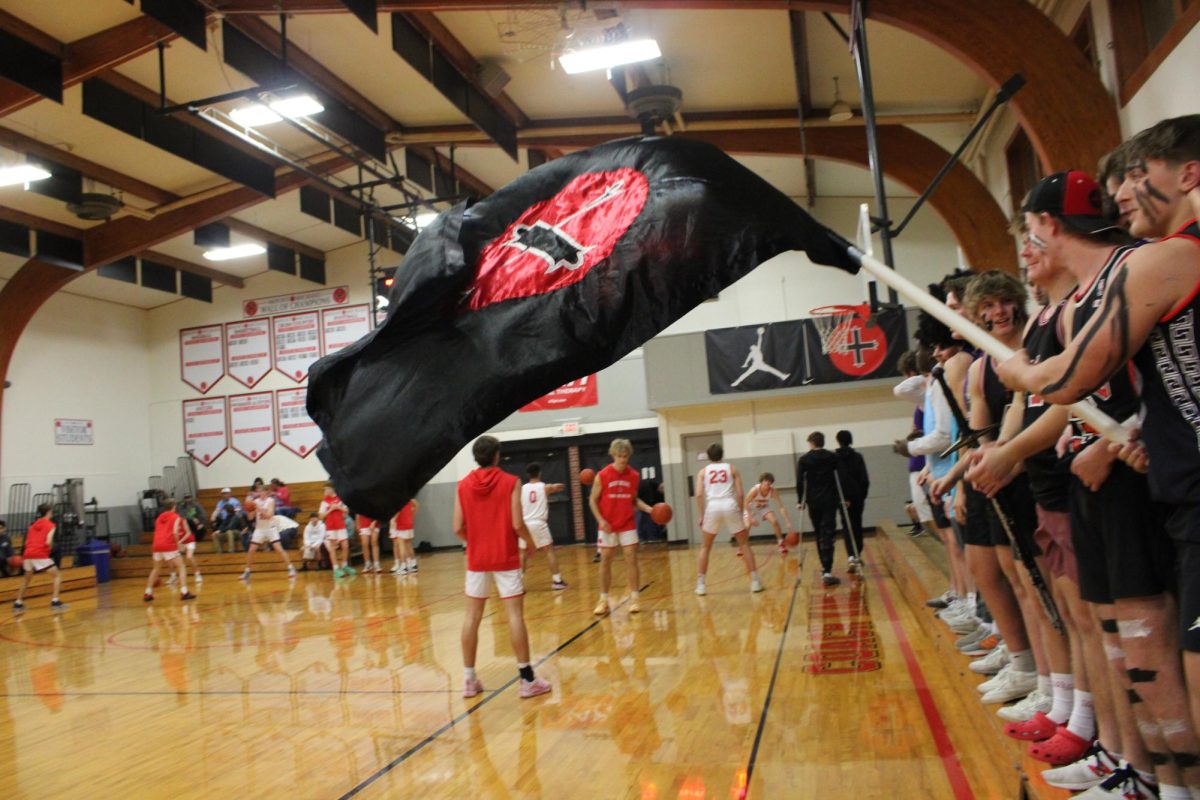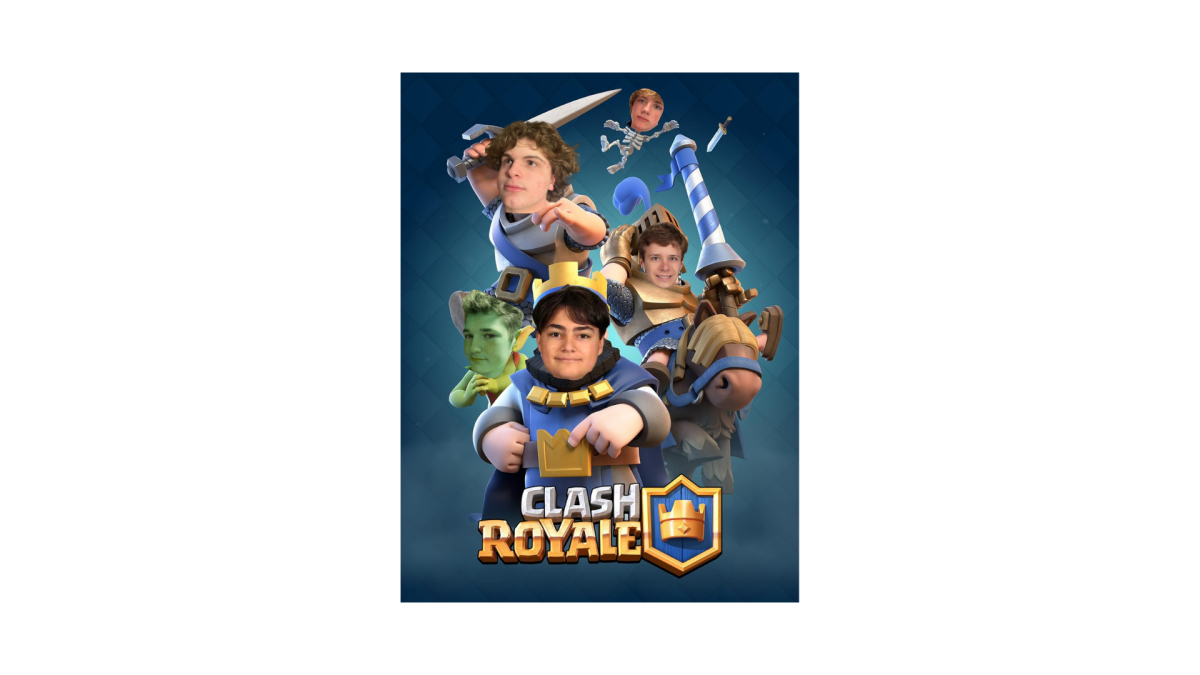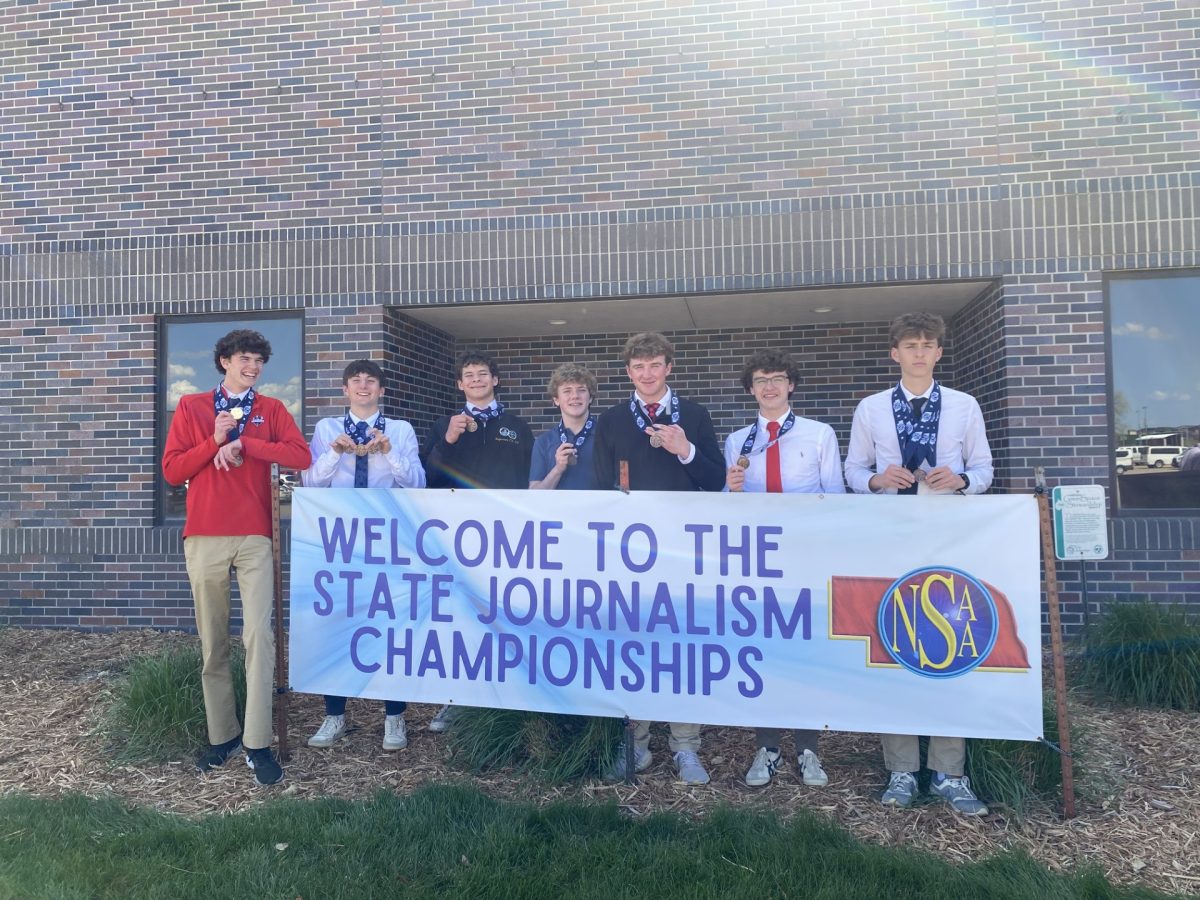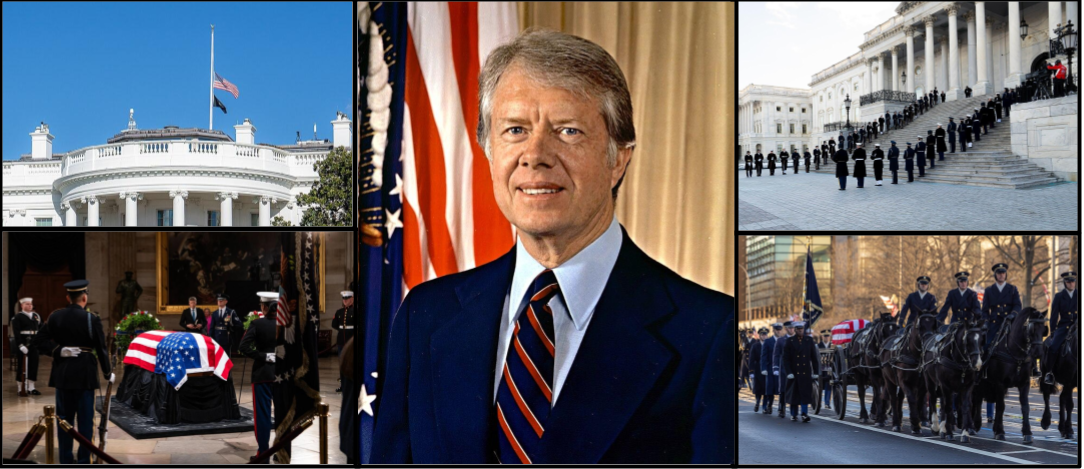Jimmy Carter, the 39th President of the United States, former governor of Georgia, and Nobel Peace Prize-winning humanitarian, died at his home in Plains Georgia, on December 29th, 2024. At 100 years old, he was the longest-lived president in American history.
James Carter Jr. was born on October 1st, 1924, in Plains, Georgia, to James Carter Sr. and Bessie Carter. In his youth, his family lived near Archery, Georgia. Even as a teenager, Carter was a resourceful businessperson. After a year at Georgia Southwestern College, Carter transferred to the Georgia Institute of Technology, where he joined the Reserve Officers’ Training Corps. He was accepted to the United States Naval Academy in 1943 and graduated with a Bachelor of Science degree in 1946. While at the Academy, he met Rosalynn Smith, his future wife. He began officer training in 1948, qualified for a command position in 1951, and served as an executive officer before taking part in the Navy’s nuclear submarine program.
Following his discharge from the Navy and the death of his father, Carter took over operations of his family peanut business. A decade later, he announced his intention to run for an open seat in the Georgia State Senate with a mere fifteen days left until the election. With the aid of his wife, he mounted a successful campaign. During his tenure, he spoke out against racism, becoming a supporter of President John F. Kennedy. In 1970, he ran in the race, successfully getting himself elected. Over time, he stressed the importance of civil rights, an issue on which he had faltered during his campaign.
On January 20th, 1977, Carter was inaugurated as the 39th President of the United States. One of his first official actions was to issue Proclamation 4483, an executive order that granted unconditional clemency to Vietnam war “draft dodgers.” His work towards world peace was also notable, including the signing of multiple treaties and international accords, including the Camp David Accords with Israel and Egypt, and the Strategic Arms Limitation Talks (SALT II) nuclear arms reduction treaty with the Soviet Union. Despite the economic issues that marked his presidency and political dissonance with the members of Congress, he was a champion for the environment and education.
Following an unsuccessful bid for reelection, Carter lost to Ronald Reagan in the 1980 presidential election, but he did not stop building up a better world. He continued to utilize his diplomacy to further world peace, working in Israel, North Korea, Taiwan, and Venezuela, among others. He joined The Elders, a group of global leaders who cooperated to resolve global issues, with Nelson Mandela. In 2010, he successfully negotiated the release of American teacher Aijalon Gomes, who was being detained in North Korea. He built homes for those in need into his eighties, and taught Sunday school and worked at Emory University into his nineties.
In 2015, Carter was diagnosed with cancer. Following a series of falls, he underwent multiple surgeries in 2019. In early 2023, according to a statement from the Carter Center, “After a series of short hospital stays, former U.S. President Jimmy Carter… decided to spend his remaining time at home with his family and receive hospice care instead of additional medical intervention.” With his 100th birthday on October 1st, 2024, he became the longest-living president and the longest-retired president. On December 29th, 2024, he passed away peacefully at his home in Plains.
President Joe Biden briefly thereafter called Carter “a man of principle, faith, and humility.” In honor of Carter’s legacy, military installations fired artillery volleys continuously every half-hour on December 30th from sunrise to sunset. Prayer vigils were held across the nation, and Carter’s casket arrived at the Capitol to full military honors, prior to his lying in state on January 7th. On January 9th, National Day of Mourning, Washington National Cathedral hosted the state funeral, with a eulogy by Biden. A private ceremony followed, after which Carter was buried at his home. The official ceremonies concluded following the burial with the “Salute to the Union”—50 rounds of artillery fire, one after another, at all Army installations with the capability to do so.
Despite the fact that many viewed Carter as a man who “didn’t quite know where he was headed” and a failure as a president, his humanitarian efforts following his retirement have been widely commended. A 2009 Independent article stated that “Carter is widely considered a better man than he was a president.” He received a variety of prestigious awards, such as the Nobel Peace Prize, the United Nations Prize in the Field of Human Rights, and others. Everything from an airport to a nuclear submarine has been named after him. In 1986, the Jimmy Carter Presidential Library and Museum opened, and The Jimmy Carter National Historic Park was formed in 2021.
But what of the man we lost? Perhaps Biden expressed it perfectly. “America and the world lost an extraordinary leader, statesman and humanitarian.” No one could have said it better.

